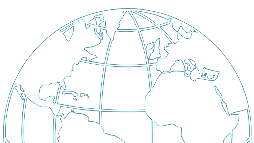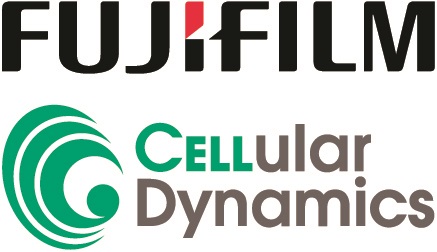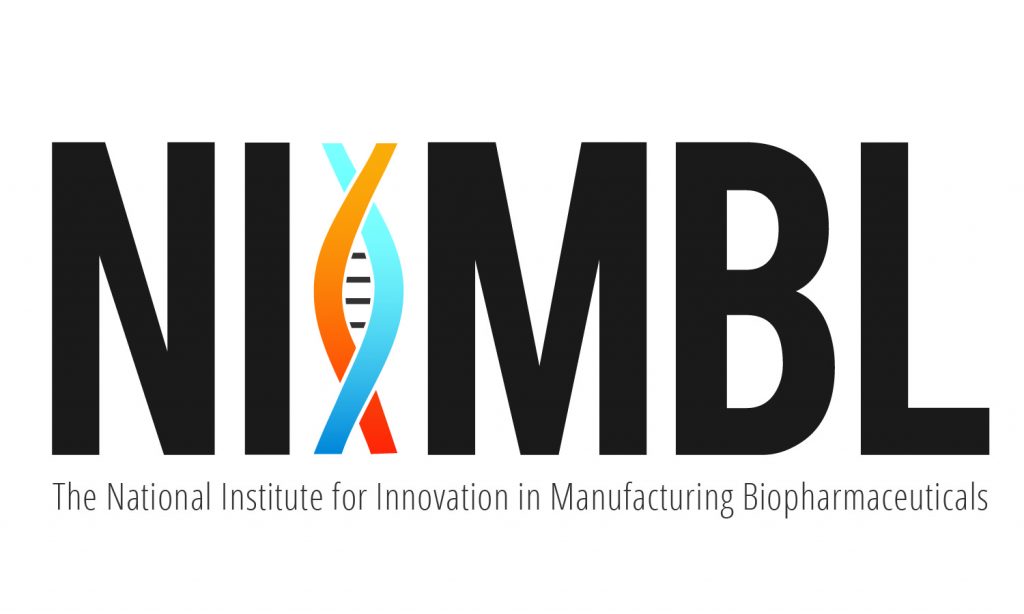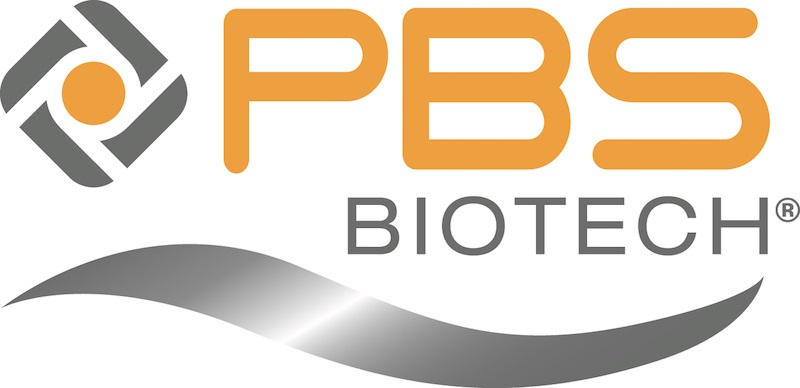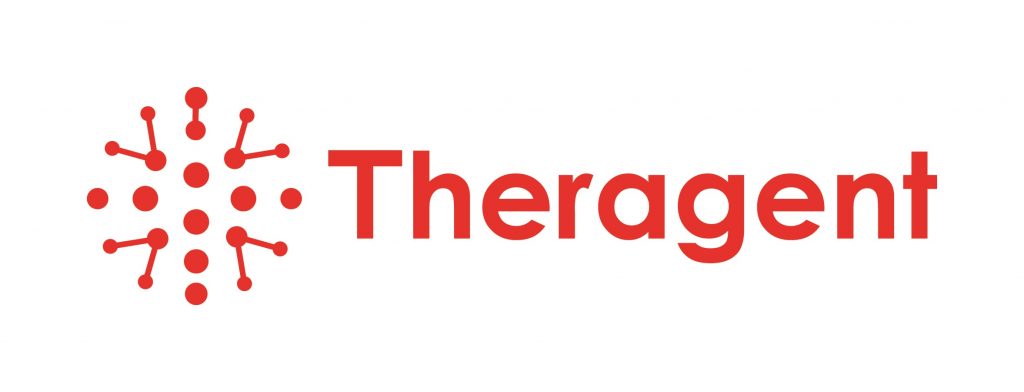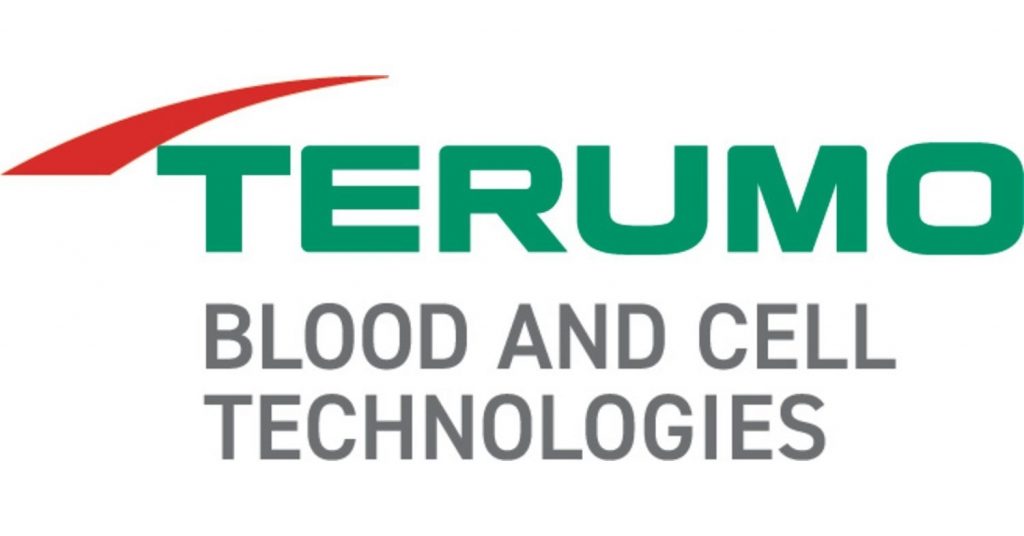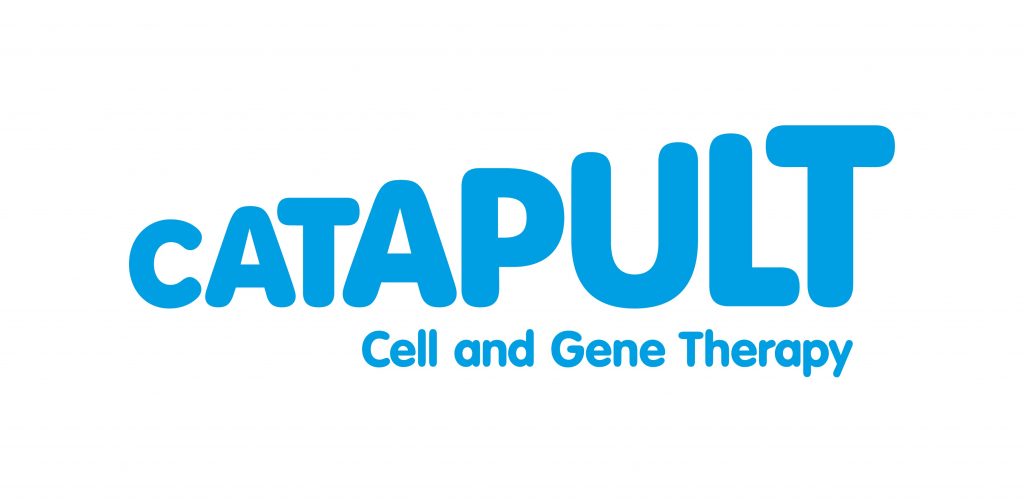
February 4 – 8, 2024
Loews Coronado Bay Hotel
Coronado, CA
Final Program with Posters (Feb 3, 2024)
Know Before You Go – Important Information for Participants
Your poster should be no larger than
1.5 meter high and 1.0 meter wide (Portrait Style)
Workshop Agenda
Workshop Details
Conference Organization
Conference Chairs

Fernanda Masri
Cytomos
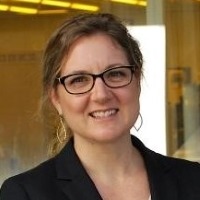
Carolyn Yeago
CY Solutions LLC
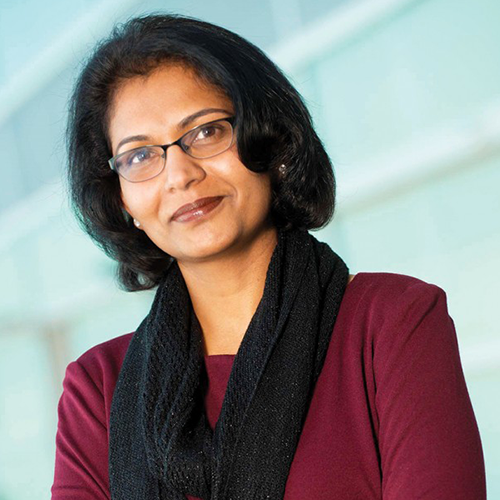
Gargi Maheshwari
BMS

John Moscariello
BMS
Student Liaison
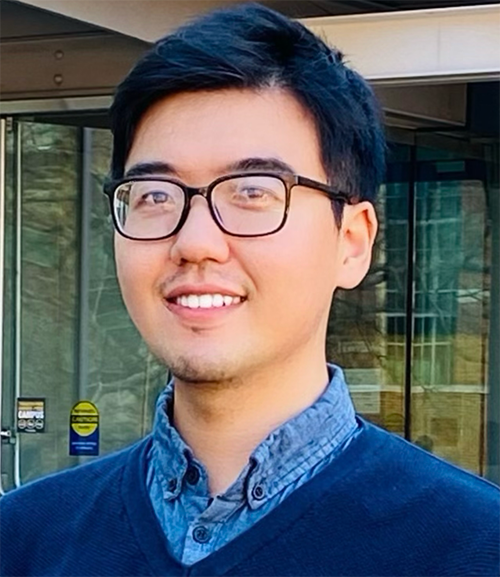
Bryan Wang
TreeFrog Therapeutics
About This Conference
The ECI Advancing Manufacture of Cell and Gene Therapies conference is a biennial meeting that brings together leading figures from academia, industry and government to showcase and debate the latest breakthroughs in advancing engineering and manufacturing of next generation therapies.
In February 2024, ECI will deliver yet another unique meeting with a specific focus on the latest advancements, trends and disruptions from the past two years impacting both cell and gene therapies. Our attendees and speakers include scientists and engineers in various sectors from all over the world working to improve manufacturing of advanced therapeutics. The sessions will cover advances and emerging concepts and technologies related to gene editing, digitalization and automation, manufacturing strategies, and much more. We welcome, celebrate, and take pride in achieving such a diverse environment that we feel helps deliver a very unique meeting. The conference delivers an appreciation of the field’s achievement, an acknowledgement of the hurdles, and a sense of direction for the future. Check back often as details on session titles, keynote speakers, and the overall program are updated regularly. We hope to see you there!
Session Descriptions
Session 1: Viral vector and gene editing platforms – Progress and challenges in process development, manufacturing, product characterization and technology landscape.
Session Chairs
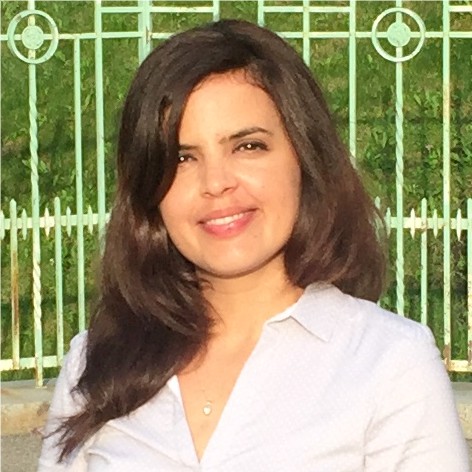
Alina Venereo Sanchez
VVector Bio

Daniel Marasco
Eli Lily
Invited Speakers

Alina Venereo Sanchez
VVector Bio
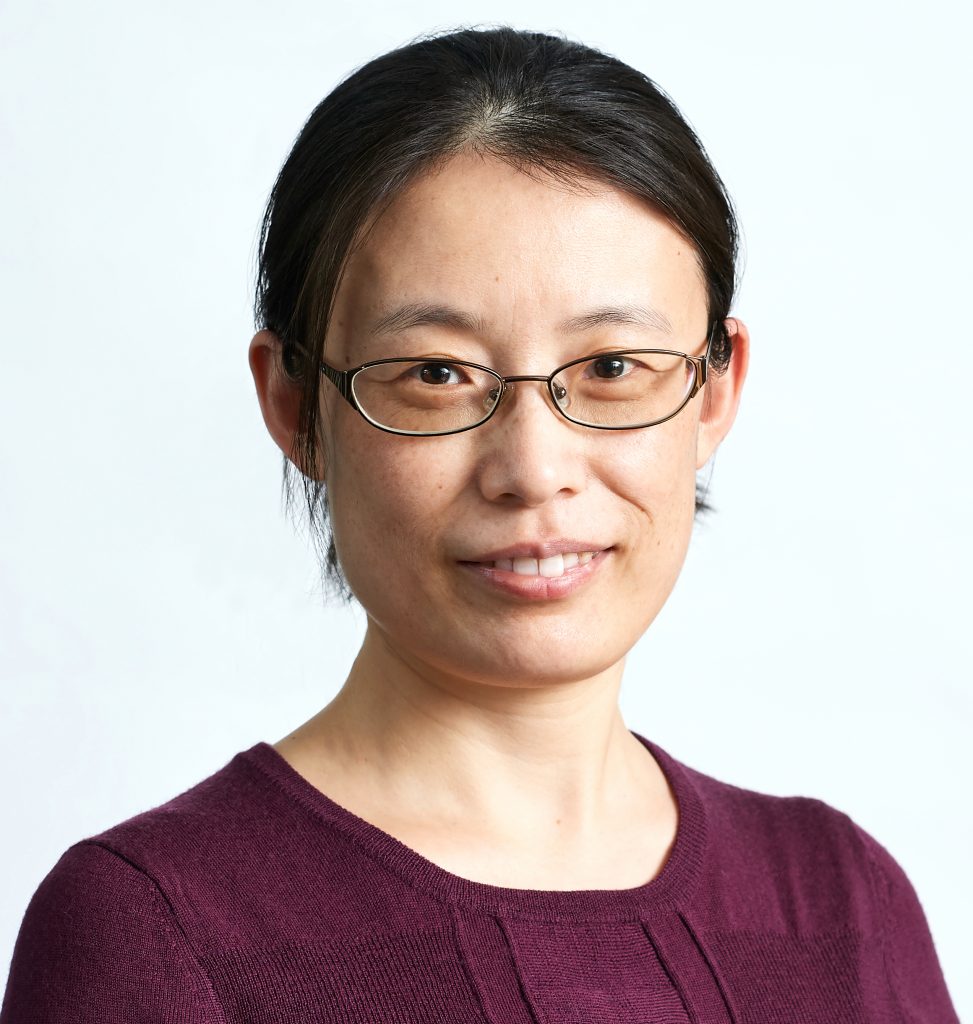
Jiuyi Lu
Sarepta Therapeutics
Since the first commercially viral vector (Vv)-based gene therapy approval in 2015, a number of Vv therapies have made their way into the late stages of clinical development and commercialization. These therapies target a multitude of indications from ophthalmology to musculoskeletal indications using different vector serotypes and resulting in a wide range of annual demand. However, substantial improvements in Vv manufacturing are essential in order to provide the right capacity, while reducing costs and increasing process robustness and quality. Moreover, the differences in needs between different programs (vector, serotype, dose size etc.) makes it challenging to establish platform processes for Vvs.
Additionally, other non-viral vector gene editing technologies including peptide-based and lipid-based systems as well as CRISPR–Cas9 technology and electroporation have increasingly been explored as alternatives to viral-based gene editing. This session aims to address Vv manufacturing challenges, as well as advances in emerging non-vector gene-editing technologies and their deployment in human clinical trials.
- Viral vector upstream process: Technologies, titres, cell densities, scalability, reagent selection (transfection reagents, media with or without serum)
- Viral vector downstream process: yields, full to empty capsids separation, new protocols
- Continuous process in viral vector processing: Perfusion, continuous chromatography, product stability, automation
- Product quality and process control: product quality, full to empty capsid separation, in-line, off-line and at line process monitoring and control
- Advances in novel gene editing modalities
- Analytical methods for process and product characterization of Vvs and other gene editing methods
- Analytical methods Add a component of analytics specific to vectors and gene editing
Session 2: Advances in Cell Therapy Manufacturing Technology to Enable Autologous and Allogeneic Applications
Session Chairs

Bruno Marques
Century Therapeutics
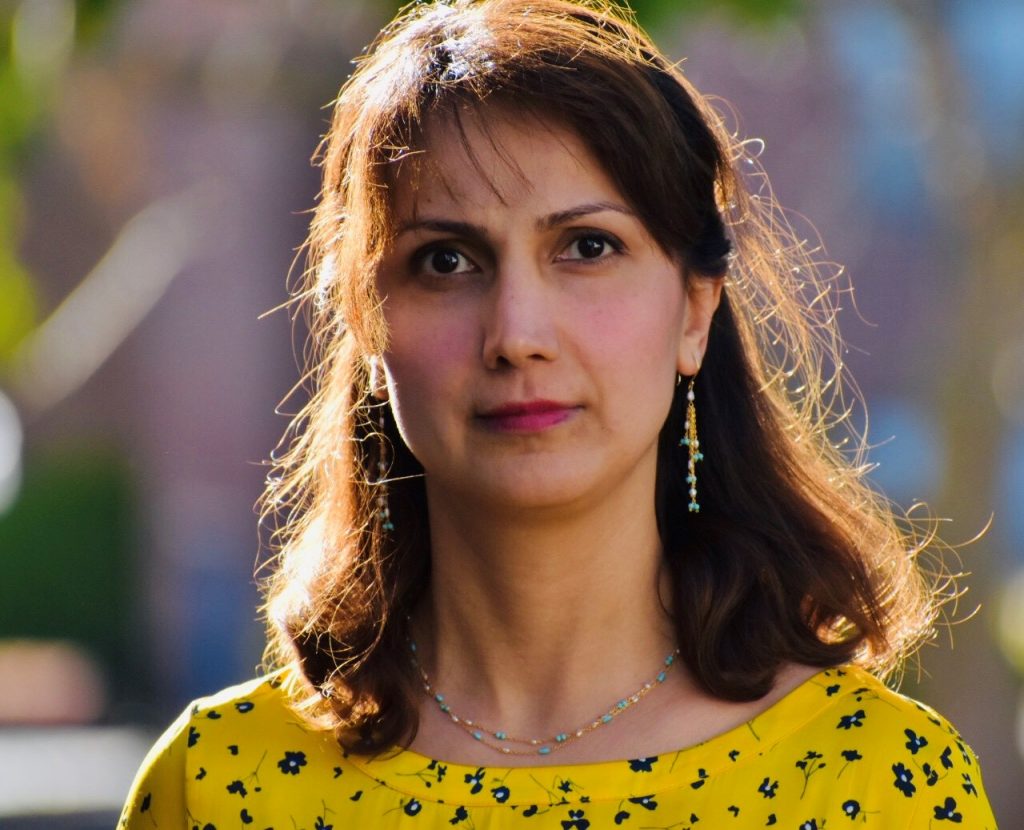
Samin Akbari
Sartorius
Invited Speakers
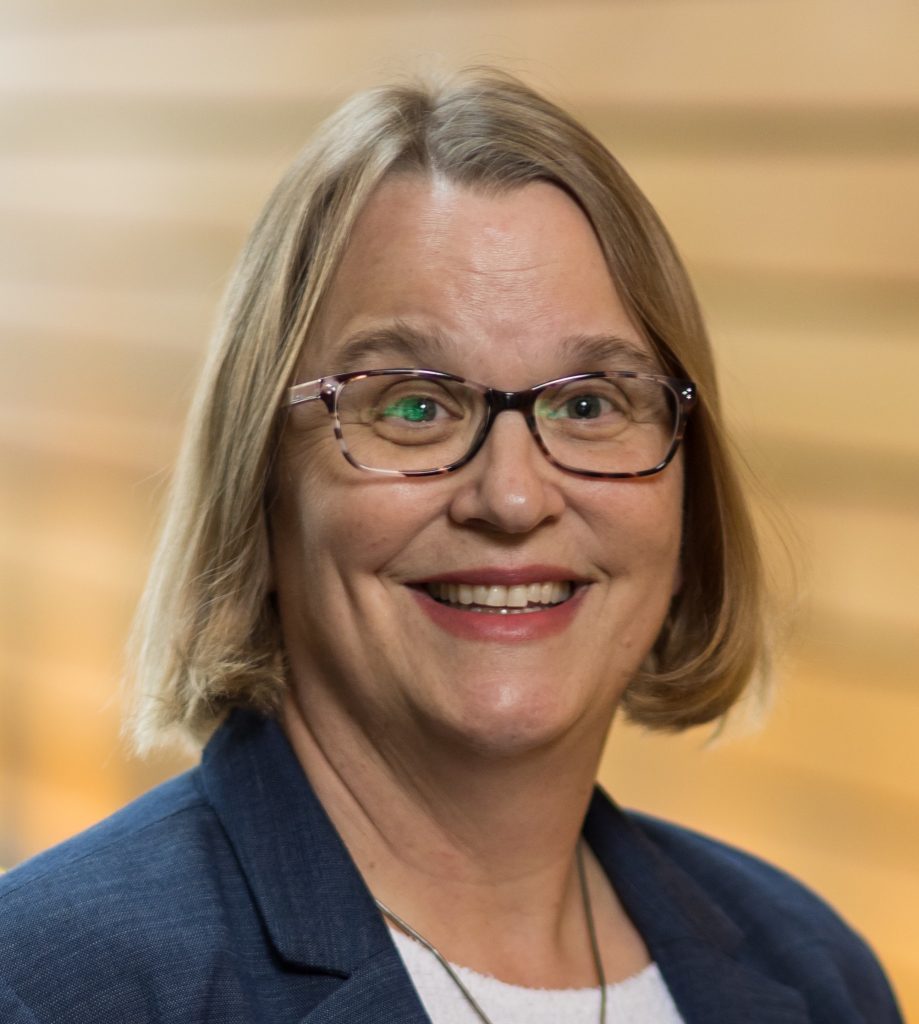
Alison Huber
University of Minnesota/Evia Bio
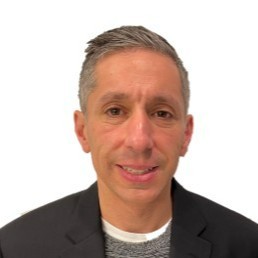
Tom Brieva
Resilience
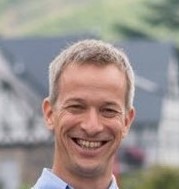
Mats Akesson
Novo Nordisk
The cell therapy field is now comprised of commercially approved, autologous CART therapies, as well as emerging next-generation products that employ autologous and allogeneic approaches. Given the different manufacturing challenges associated with each type of cellular product (e.g., scale, centralized v. decentralized supply chains), novel technologies and flexible solutions are required from the bioprocessing community to continue to drive down therapy costs. In this session, we will explore the latest cell therapy manufacturing technologies that can resolve these challenges with a focus on:
- Novel manufacturing platforms for next-generation cell therapies e.g., iPSC, γδ T-cells, gene-modified CD34+, MSC, exosomes
- New upstream/cell culture reagents and technologies e.g., bioreactors, xeno-/serum-free media, cytokines and growth factors, process scaling strategies (up/out)
- Advanced downstream processing technology including cell separation, drug product fill/finish, cryo-preservation/formulation
- Advances in assessing and qualifying raw materials for autologous and/or next-generation exosomes, etc.
- Add the possibility of Quality Control approaches/advances
Session 3: Digitization, Process Control, and Closed-system Automation in Cell and Gene Therapies
Session Chairs
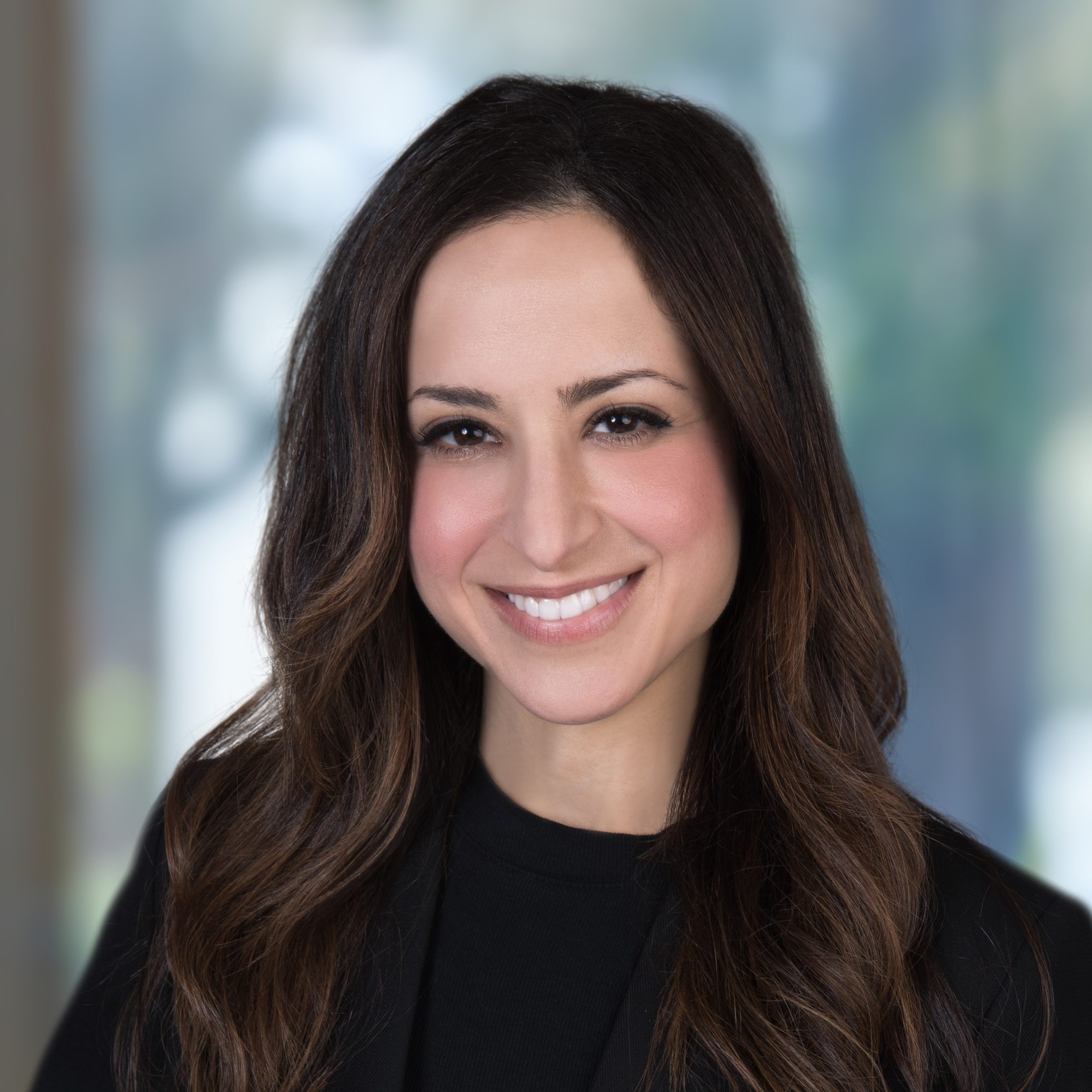
Antinea Chair
Cellares
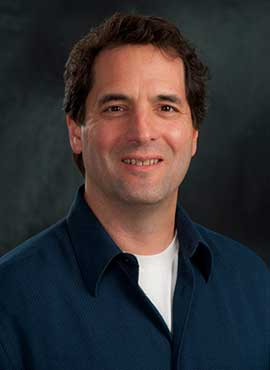
Stephen Balakirsky
Georgia Tech Research Institute
Invited Speakers
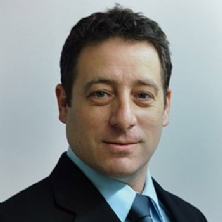
Ohad Karnieli
ADVA Biotech

Stephen Balakirsky
GTRI
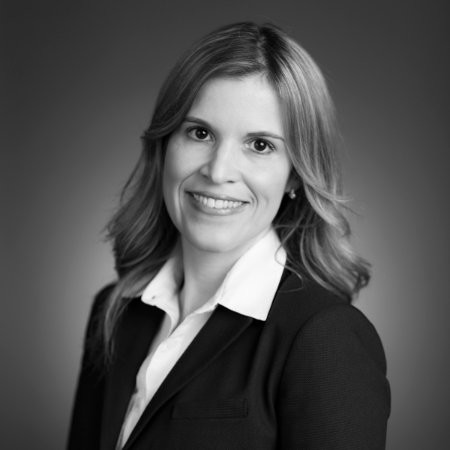
Tamara Laskowski
Lonza
Digitization and process automation will be critical for scalable and quality-driven manufacturing of cell and gene therapies. It can help with product consistency, reducing the cost of goods and labor, and ultimately improving access to these therapies. Digitization involves reducing paper-based data and integrating diverse types of data, including reagent and raw material data, cell and product specific data, analytical data, process measurement data, and data from the supply chain, as well as clinical and patient data. Focus on digitization is expected to allow for better decision-making, identification of key process and product attributes, reduction of cost-of-labor, reduction of mistakes or failures and overall improvement of manufacturing. Similarly, automation is key to scalable production and quality control of cell and gene therapies. Current efforts are focused on end-to-end fixed process automation, integration of analytical tools, and, ultimately, process control with automation.
Topics of interest for this session include:
- End-to-end automation of processes and assays in cell and gene therapies
- The current state of digitization and related software and data management tools
- Development of in/at line process sensors and analytical tools/algorithms and integration of them into automated processes.
- Use of digitization and process/supply-chain models to reduce cost and labor or to improve decision making
- Digitization strategies for centralized v decentralization manufacturing models
Session 4: In-Process and Analytical Control Strategies for Cell and Gene Therapies
Session Chairs
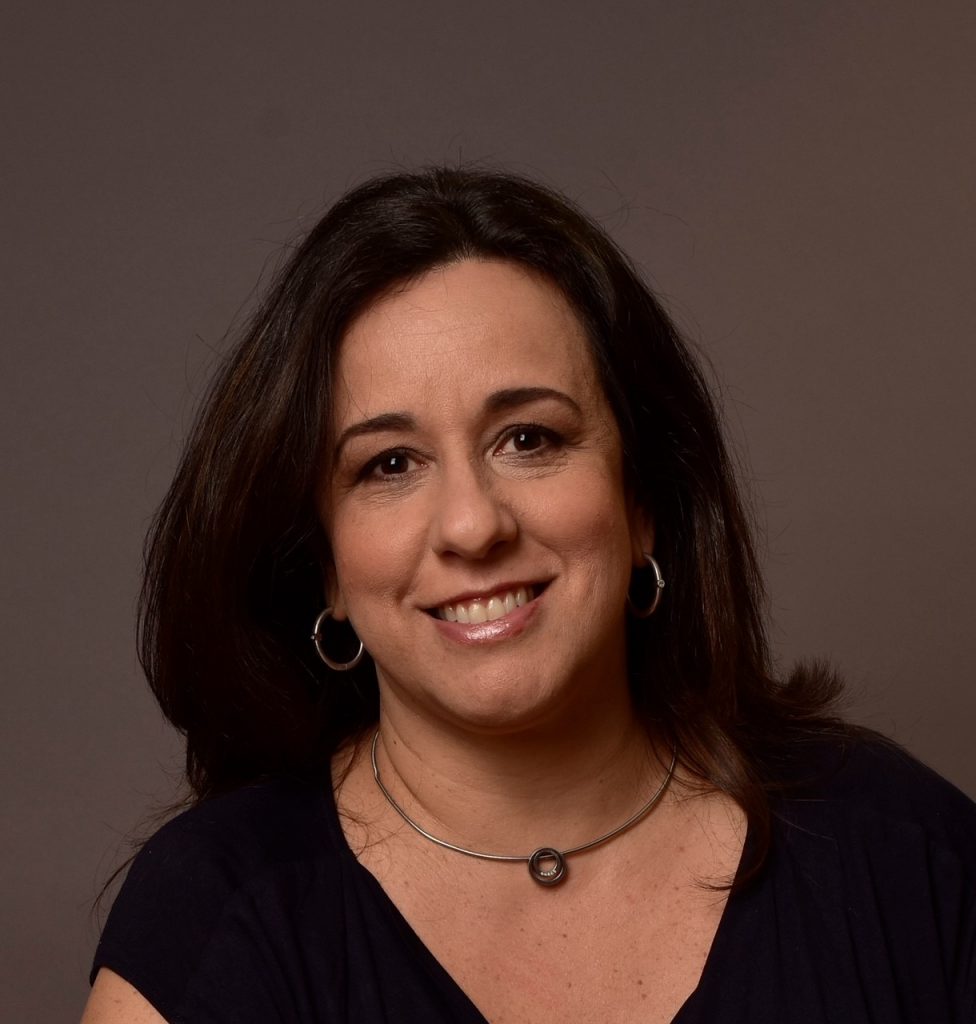
Paula Alves
iBET
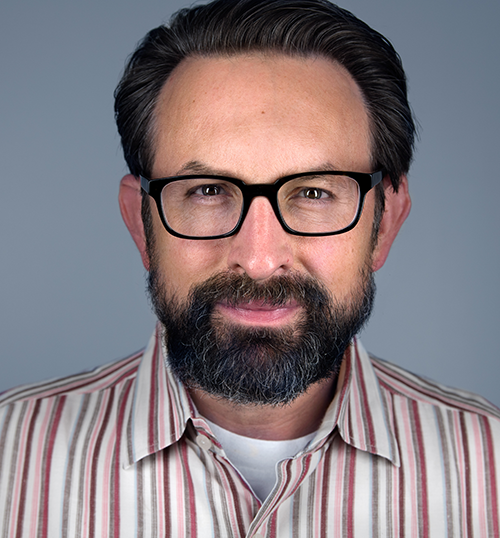
Tomas Kowski
Umoja Therapeutics
Invited Speakers
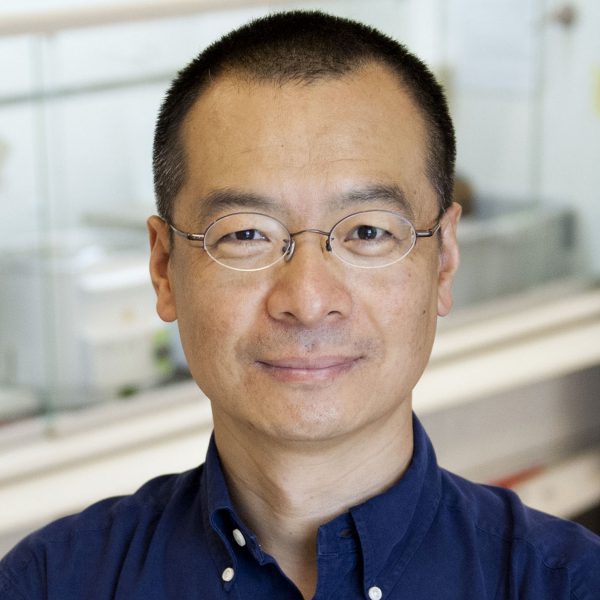
Sunny Zhou
Northeastern University

Patricia Gomes-Alves
iBET
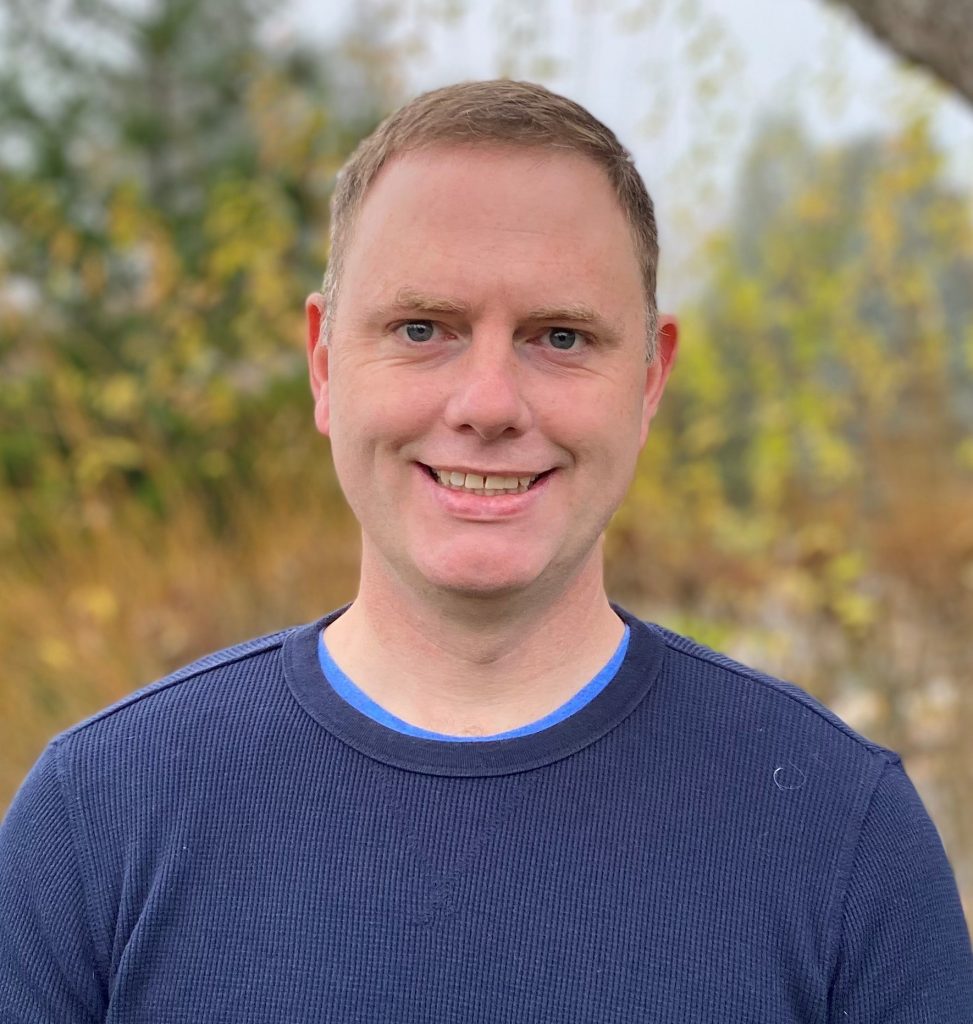
Richard Rogers
Umoja Biopharma
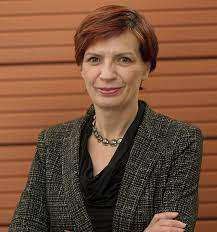
Isabelle Rivière
Takeda
The diversity and complexity of cell and gene therapies has increased in a very short amount of time due mostly to rapid development of different vector hosts, understanding of gene editing mechanisms and evading the human immune response. The process, ancillary reagents and associated in-process analytics, as well as the Potential Critical Quality Attributes required to ensure a safe and efficacious product are filled with challenges and many lessons learnt. In-Process methods are required to provide quick, precious results to drive process development, while Release/Stability methods need to be robust, validated and many must be stability indicating, while Characterization Methods must be informative and may need to meet the requirements of release methods. We aim to discuss the unique challenges of these different methods and analytes, such that we can understand what methods are universal and which may be adopted to the different analytes today and tomorrow.
We invite abstracts that address some of the latest approaches to the analytical control of these varied analytes. Topics of particular interest are:
- Rapid analytical testing
- pCQA assessment of cell and gene therapies
- Adoption of analytical methods from other therapeutic modalities
- Phase appropriate analytic control of ancillary reagents
- Potency methods relationship to Mechanism of Action.
- Quality by Design
- Bioprocess control and monitoring
- Establishing Stability Protocols
Session 5: Critical Early Decisions in Regulatory Strategies and Standards to Facilitate Product Development
Session Chairs
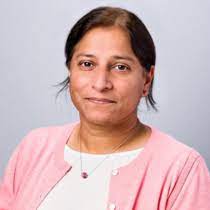
Taby Ahsan
City of Hope
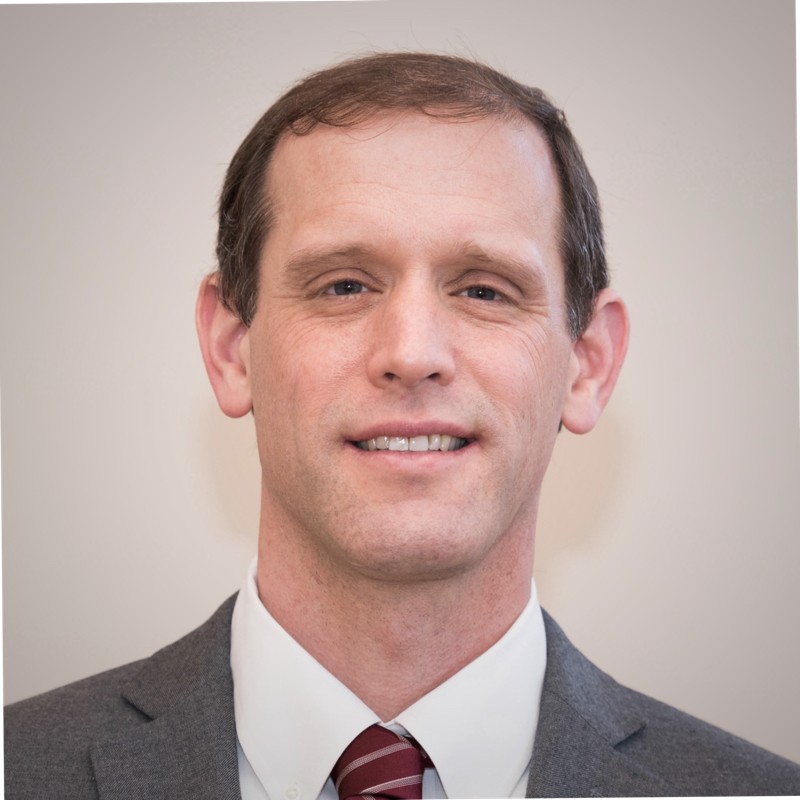
Eytan Abraham
Resilience
Invited Speakers

Lili Wang
NIST
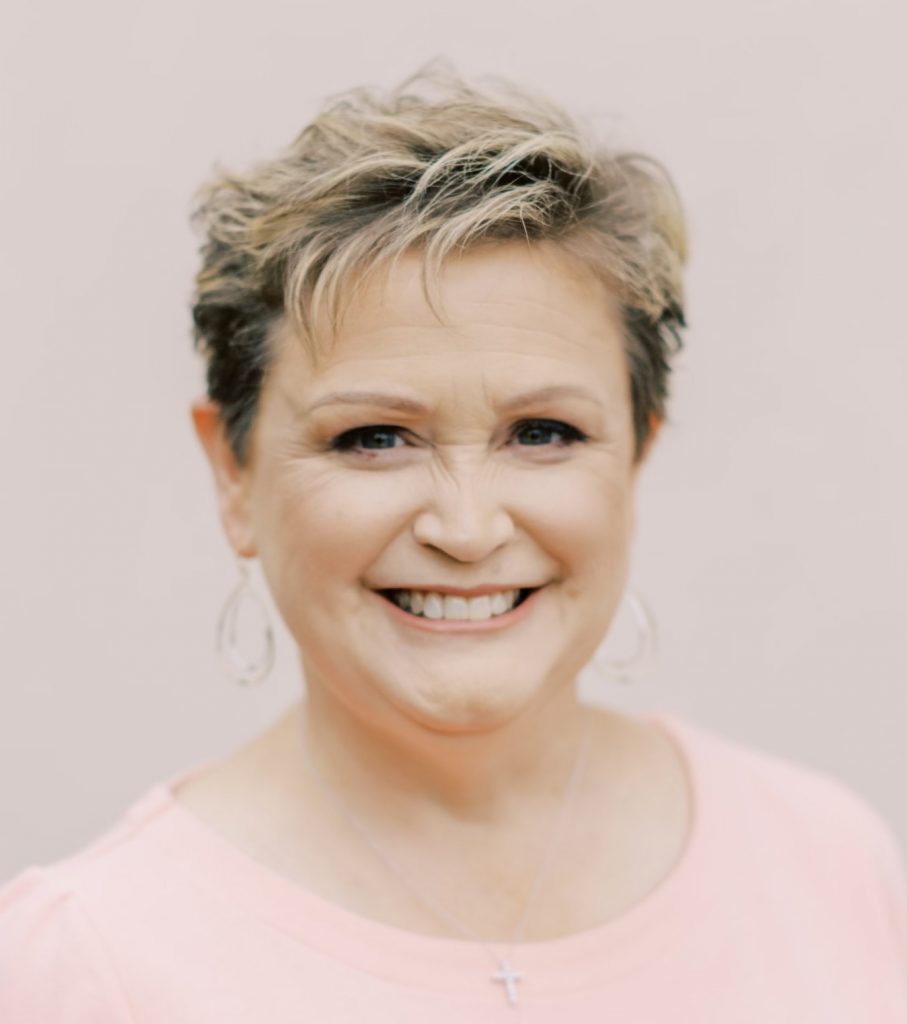
Doris Snow
Resilience
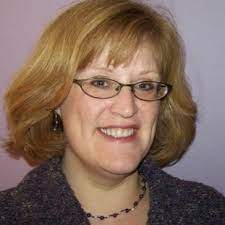
Kimberly Benton
DHC
This session will explore the question how do we ensure products meet evolving guidances and remain consistent across sites, throughout process changes, and over time. The cell and gene landscape is quickly evolving with the pace of new product development accelerating and an ever increasing number of products advancing through clinical trial stages to commercialization. It is critical that regulatory strategies not only accommodate the faster timelines but also include earlier consideration of issues related to more mature products. These strategies need to balance the investment in early process development efforts with the requirements for comparability studies at later stage clinical trials or commercial production.
Topics of interest for this session include:
- Implications of regulatory guidance updates
- Lifecycle management of processes and product definition
- Approaches to ensure consistent quality across multiple manufacturing sites
- Design and strategies related to comparability studies
We invite abstract submissions focusing on:
- Latest regulatory guidance updates
- Management of multicenter and global clinical trials
- Lifecycle management of manufacturing strategies; Approaches to COGS reduction
- Addressing royalty stacks
- Centralized and decentralized manufacturing models
Fireside Chat
Moderator

Fernanda Masri
Cytomos
Speakers / Panelists

Gregg Nyberg
Landmark Bio
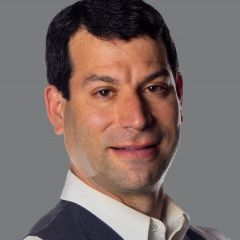
Bryan Poltilove
Advisory Board, PBS Biotech

Chris Ramsborg
Flagship Pioneering
A recap of the last 2 years and outlook into the future of cell and gene therapies
Cell and gene therapies industry continues to thrive. There is no doubt that interest on these life changing therapies is high. Yet the last few years have been challenging for everyone and our industry has inevitably felt the crunch. Investments have changed. The same amount of dollars now need to stretch further, the overall pot is lower than it was during the pandemic and opportunistic investors have directed their focus elsewhere.
The sector has also changed. We are considerably more mature as an industry and therefore the expectations are now different. Good science is a given, a must, but is enough? For more “established” autologous therapies or viral vectors as well as for more novel therapeutics that promise to address solid tumors and other unvalidated pathways, the expectation is that manufacturing of commercial products will become robust, efficient and more cost effective to yield long lasting, profitable businesses.
We will discuss with a panel of experts how, if at all, investment has changed. Is the focus on enabling technologies for CGTs rather than largely on therapeutic assets? And if so, does that mean it is an opportunity to push for tools and technologies that will enable Industry 4.0 that we have been talking about for the past few years?
Poster Award Competition Winners Announced
Best Student Poster
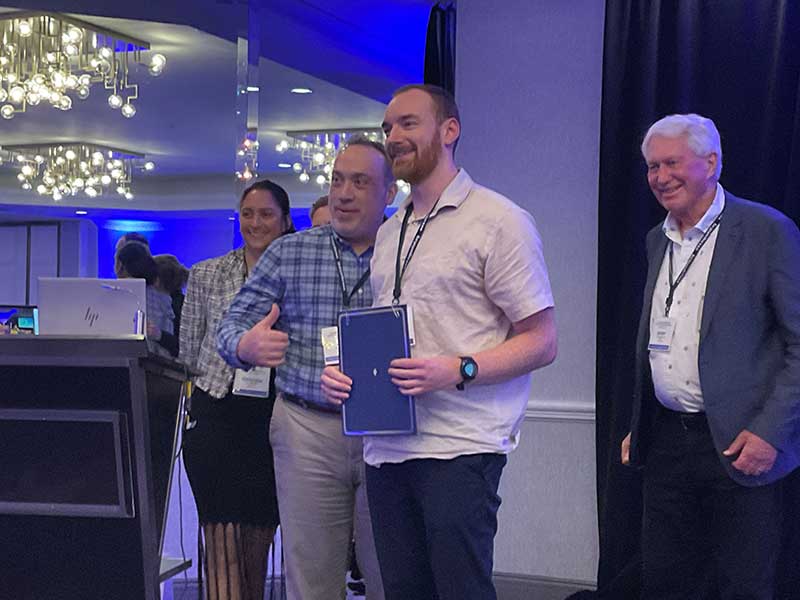
with Conference Chair John Moscariello
Brett Abraham
University of Calgary
Canada
“Recombinant carbohydrate binding molecule fusion proteins for the animal-component-free bioprocessing of stem cells”
Best Overall Poster
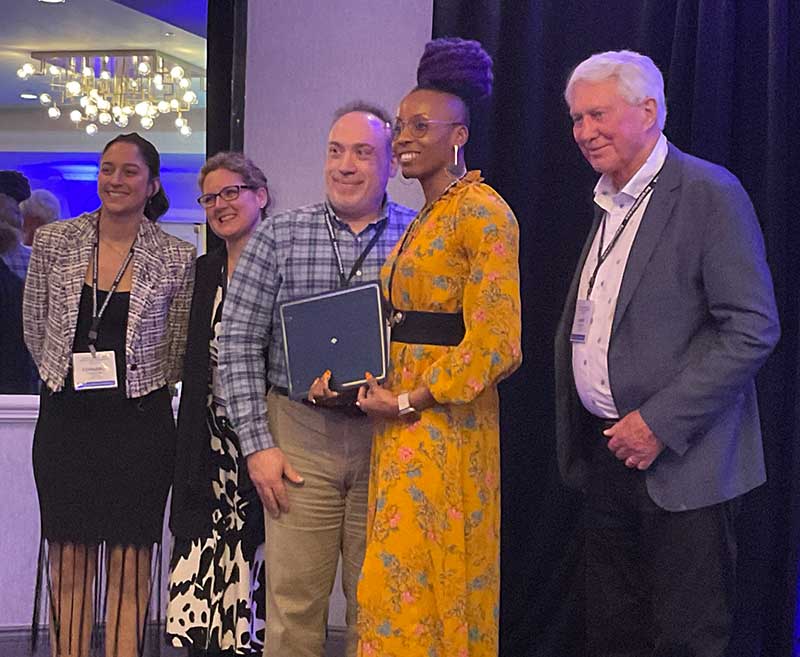
with Conference Chair John Moscariello
Diepiriye Iworima
University of British Columbia
Canada
“Process parameter development for the scaled generation of stem cell-derived pancreatic endocrine cells”
Conference Photos
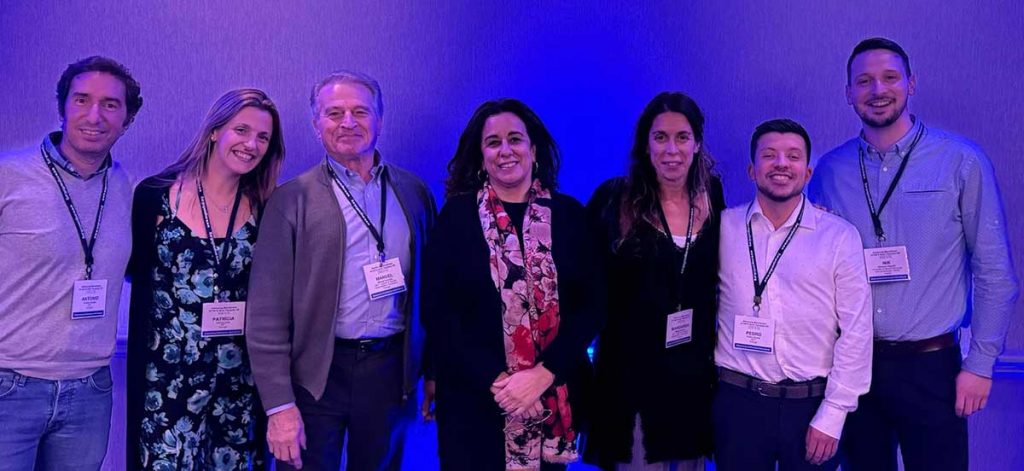
Call for Abstracts
Session titles are available above. Please use these titles to pre-select up to two sessions where you believe your work fits best.
Abstracts (one page maximum) that include specific results and conclusions to allow a scientific assessment of the proposed oral presentation are invited. Please prepare your abstract according to this template: docx or doc.
Abstracts must be submitted electronically using the template provided at: THIS LINK.
Oral abstract submission deadline: September 18, 2023
Poster abstract submission deadline: September 18, 2023
Poster size: Your poster should be no larger than 1.5 meter high and 1.0 meter wide (Portrait Style)
Abstracts of all presentations will be made available to conference participants prior to the start of the conference.
Note: Only a limited number of oral presentation slots are available and thus all submissions for oral sessions will be considered for both oral and poster presentation.
Pre-Conference Workshop
Cell and Gene therapy value chain inherently is different from current biopharma products because it is closed loop and has a highly complex supply chain. In essence, successful execution requires collaboration and coordination of a complex network consisting of raw material suppliers, technology suppliers, specialty product distributors, manufacturing facilities, etc. This workshop will discuss the strategic design principles for operating models.
This workshop will include four sessions:
- Manufacturing Strategies – Centralized vs. De-centralized, In-House vs. CDMO
- Supply Chain Strategy
- Comparability Guidance and Strategy
- Open Forum: Critical Capabilities/Skill Sets Required
Pre-Conference Workshop Fee and Registration
Pre-Conference Workshop registration includes workshop registration and lunch on Sunday. Accommodation for Saturday, Feb 3 is not included and needs to be reserved separately. Workshop registration can be add-on during the conference registration process. Please see the conference fee and registration section for details.
Workshop Fees:
Participants: US $395
Students: US $275
Building a flexible manufacturing strategy to navigate turbulent global markets
Chairs
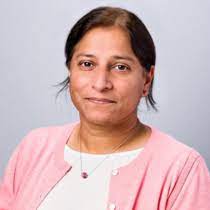
Taby Ahsan
City of Hope
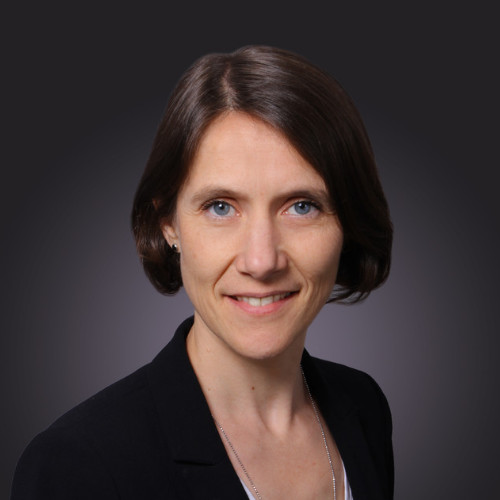
Anne-Lise Brondel
Kyowa Kirin
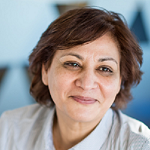
Veena Warikoo
AstraZeneca

Mercedes Segura
Elevate Bio
Moderators
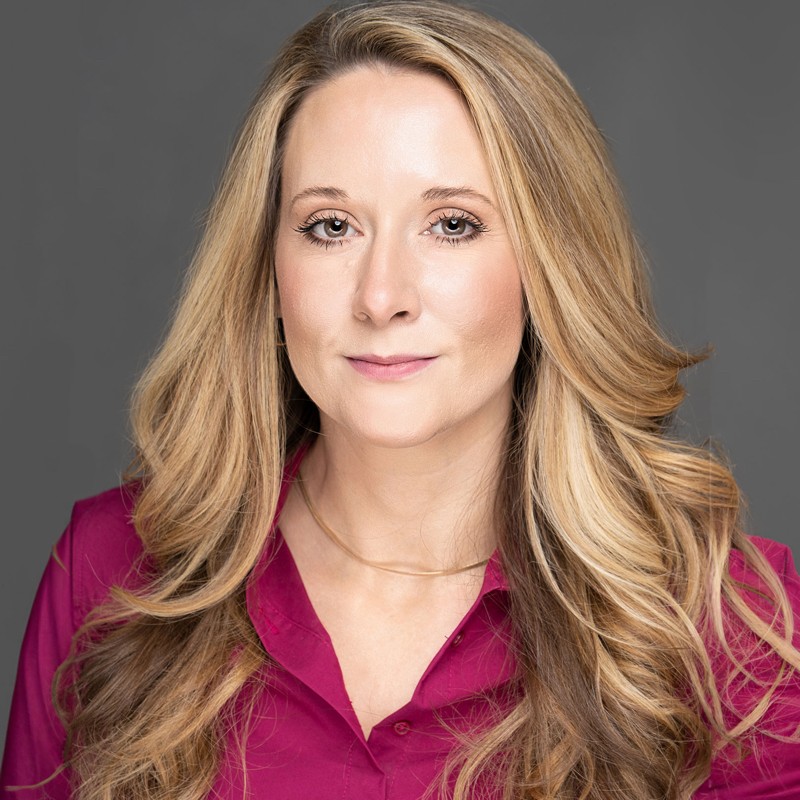
Sharon Harvey
PBS Biotech
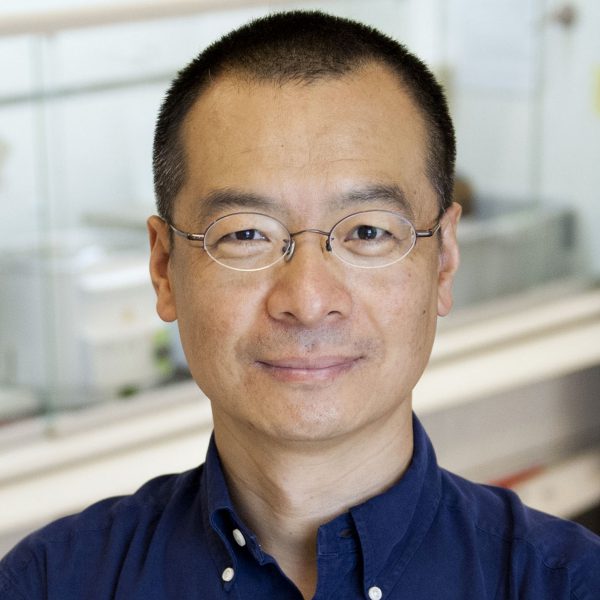
Sunny Zhou
Northeastern University

Carolyn Yeago
CY Solutions LLC

Bryan Wang
TreeFrog Therapeutics

Shaylyn Grier
Georgia Tech
Speakers
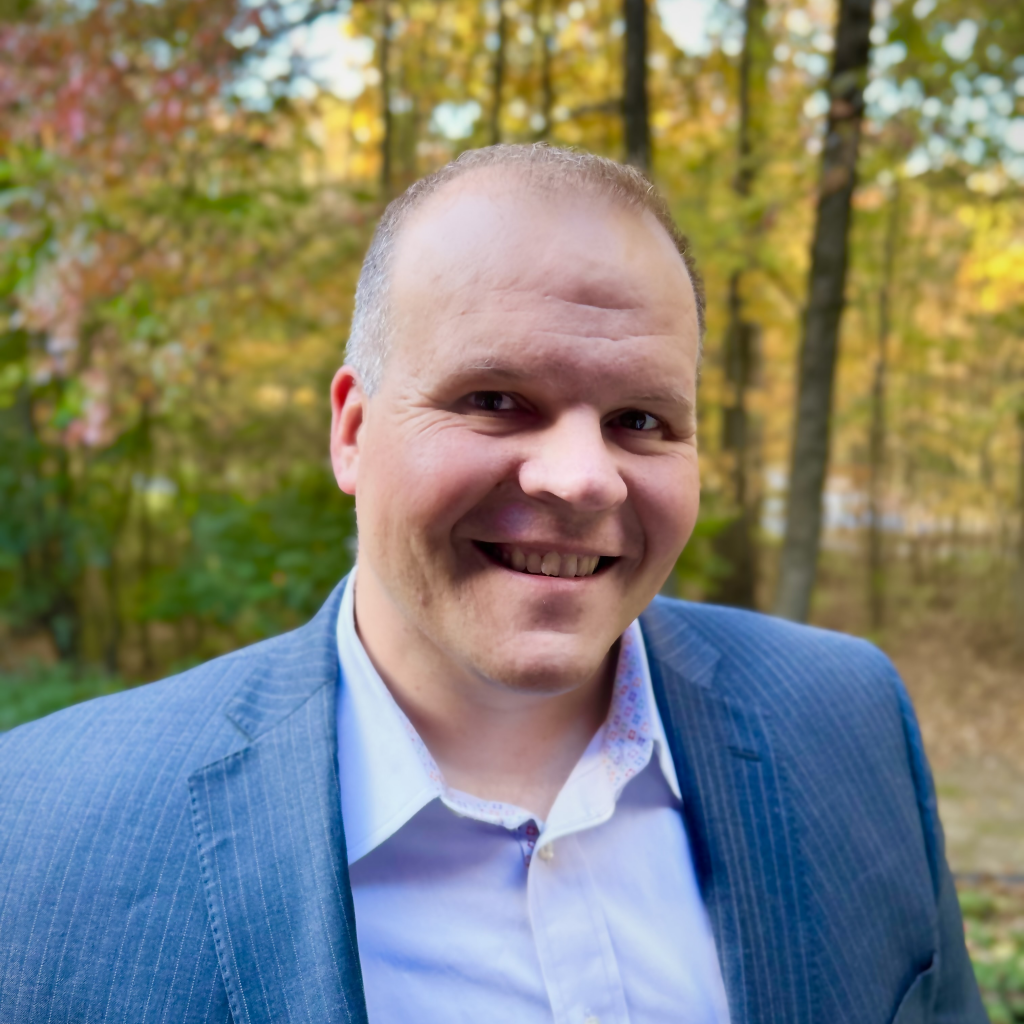
Cliff Carroll
AstraZeneca
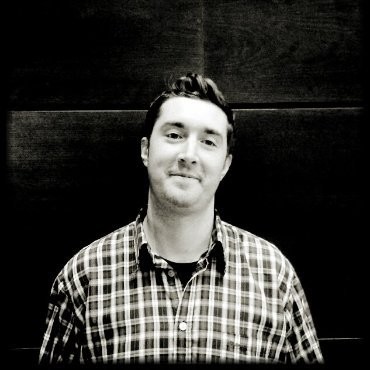
Ben Tillotson
BMS
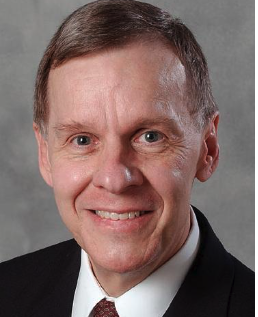
Chip White
Georgia Tech
Conference Fees and Registration
Conference Fees
The conference fee includes the following: conference registration, accommodations (nights of Sunday (February 4), Monday (February 5), Tuesday (February 6), and Wednesday (February 7); check-out on Thursday (February 8)), four breakfasts, three lunches, three dinners, and coffee breaks plus snacks. Dinner on Monday (February 5) is on your own. Incidental fees (laundry, minibar etc.) are billed to your personal account by the hotel.
ALL PARTICIPANTS (INCLUDING MEMBERS OF THE ORGANIZING COMMITTEE AND INVITED SPEAKERS) ARE REQUIRED TO REGISTER.
The conference fees are:
| Register | Register January 8, 2024 | |
| Participant (single occupancy or sharing room with a guest**; guest fee additional) | US $3,400 | US $3,800 |
| Participant (sharing a room with another participant/student) | US $2,800 | US $3,200 |
| Bona fide Graduate Student (sharing a room with another participant/student) (Those in this category must upload proof of current status during registration – copy of current Student ID or a letter from your University confirming your student status) | US $2,385 | US $2,685 |
| Bona fide Graduate Student (single occupancy or sharing room with a guest**; guest fee additional) (Those in this category must upload proof of current status during registration – copy of current Student ID or a letter from your University confirming your student status) | US $2,985 | US $3,285 |
| **Fees for Guest/accompanying person sharing bedroom with a participant. (Includes all conference included meals and activities) | US $1,140 | US $1,140 |
| **Fees for Guest/accompanying person sharing bedroom with a participant. (Room ONLY, NO meals and activities) | US $- | US $- |
If you plan to bring children to the conference, please contact Kathy Chan for pricing.
Conference Registration
You will need a login name and password to register for ECI conferences through our online system. If you have been a recent participant at an ECI conference or have submitted an online application or request for information about an ECI Conference, you may already have an account with us. If you know your login information, please use it.
If you are not sure whether you already have a login and password, please click on automated password retrieval and enter your e-mail address before creating a new account. If we don’t have a valid email address on file for you, a pop-up window will appear stating that no records were found. Click “OK” and then follow the instructions to create a new account. If you have any questions or experience any difficulties, please email Kathy Chan.
Special Notes and Payment Instructions
We suggest that you register as soon as possible to be certain that you will have a hotel room at the conference rate.
All participants are encouraged to register before January 8, 2024. There is a discounted price for registering before this date. Hotel space cannot be guaranteed for registrations received after January 8, 2024. Your registration is not officially confirmed until we receive payment of the amount due. ECI reserves the right to cancel your room registration if payment is not received. Your invoice/receipt will automatically be e-mailed upon of receipt of your registration. Should you need a signed receipt or a certificate of attendance (sent after the conclusion of the conference), please contact Kathy Chan.
Because of contractual guarantees made with the hotel for room and meal functions, no shows, late arrivals, missed meals and early departures cannot receive fee adjustments. If you have a disability and may require accommodation in order to participate fully in this conference, please indicate this when you register. An ECI representative will contact you to discuss your specific needs. If you have special dietary requirements (e.g., vegetarian or a food allergy), please make a note on your registration. The chef needs to know this information in advance if we are to accommodate you. ECI will attempt to accommodate special requests such as Kosher or Halal meals, but such meals may not be available at all conference sites. The participant must pay any additional costs for special meal requests that ECI pays a surcharge for.
Payment must be made by credit card (Visa, MasterCard, and Amex), check or money order drawn on a U.S. bank in U.S. dollars, payable to ENGINEERING CONFERENCES INTERNATIONAL. Checks or money orders in any other currencies are NOT ACCEPTABLE. Payment must be made on the web site except for those who are sending payment by wire transfer or have a purchase order from their company/institution.
WIRE TRANSFER PAYMENT: If you are planning to make payment by wire transfer, please contact Kathy Chan for the bank information. You must add $30 to cover ECI bank charges. Please reference your full name and the conference title. Please email a scanned copy to Kathy Chan. This is very important – otherwise it is extremely difficult to trace your payment and you may not receive a receipt prior to the conference.
Cancellation Policy: Cancellation must be received by ECI in writing at least 28 days prior to the start of the conference in order for a full refund (less a processing fee) to be considered. The ECI auditors require that refunds for all conference cancellations be processed after the conference so that the necessary back-up information (e.g., hotel list of those in-house) can be attached to the refund request and ECI can verify that the hotel has not charged a cancellation fee.
Cancellation fees:
- Cancellations received more than 28 days prior to the conference start date are subject to a processing fee of 4% of the total fee, plus any direct expenses incurred by ECI.
- Cancellations received 15 – 28 days prior to the conference start date are subject to a $250 cancellation fee plus any direct expenses incurred by ECI.
- Cancellations received 8 – 14 days prior to the conference start date are subject to a $500 cancellation fee plus any direct expenses incurred by ECI.
- No refunds will be issued for cancellations received less than 7 days prior to the conference start date.
- No refunds will be issued due to inclement weather or travel disruptions/cancellations.
Registrations may be transferred without incurring any penalty or cancellation fee.
Denied or delayed visa
If a participant is forced to cancel due to a denied or delayed entry visa, ECI will issue a full refund if ECI has been notified of a potential visa issue at least four weeks prior to the conference start date.
Change of payment method
If an attendee who has already paid the conference fee with a credit card requests that the fee be refunded to that card so that it can be paid in a different manner (e.g., charged to an alternate credit card, or paid via check or bank transfer), a processing fee of 4% of the total fee amount will apply.
Disclaimer
It may be necessary for reasons beyond the control of ECI to alter the content and timing of the program or the identity of the speakers. In the unfortunate circumstance that an event is cancelled, ECI is not liable for any costs incurred by participants in connection with their attendance.
Smoking is prohibited at ECI conferences and conference functions.
Should you have specific questions regarding your registration, please contact Kathy Chan. The Engineering Conferences International conferences calendar and other information can be found on the ECI web site: www.engconfintl.org
Pre and Post Conference Room Reservation Request
Your registration includes accommodations for the conference period (nights of Sunday, February 4; Monday, February 5; Tuesday, February 6; and Wednesday, February 7). If you are arriving before February 4 or staying after the conference, please indicate your pre/post conference room reservations request on the registration form. The hotel will ask for your credit card information at the time of arrival to pay for the pre/post conference night reservations. If you need pre/post conference reservation, we strongly recommend that you register as early as possible. This is the hotel’s high season and has sold out in the past.
Pre-Conference nights: Thursday, February 1 (SOLD OUT); Friday, February 2; Saturday, February 3
Post-Conference nights:
Thursday, February 8; Friday, February 9; Saturday, February 10
Note: Pre/Post night reservations are based upon hotel’s availability. Cancellation policy is 72 hours prior to arrival.
2024 Cell Therapies Award Recipient
Paula M. Alves

Paula Alves has been working in the advancement of cell culture technologies for more than 30 years. Her research integrates cell metabolism understanding with biochemical engineering tools for the improvement of bioprocesses efficiency. Paula´s work has contributed for the development of industrially relevant and academically recognized tools and technologies for production of biopharmaceuticals and ATMPs (Advanced Therapy Medicinal Products) in particular pluripotent stem cells and viral vectors for cell and gene therapy.
Key contributions include:
- Establishing 3D culture systems for expansion and differentiation of stem cells in bioreactors for cell therapy and as tools for drug development and pre-clinical research
- Better understanding the complex interplay of cell metabolism and stem cells differentiation and maturation
- Determining key factors in the “Cell Density Effect” for improved viral vectors yields through manipulation of host cells energetic metabolism
- Developing bioanalyticals for bioprocess understanding and cell- and viral- based products characterization
Since 2012, Paula has been the CEO of iBET – Instituto de Biologia Experimental e Tecnológica, a private not-for-profit research organization (www.ibet.pt) located in Oeiras, near Lisbon. Created in 1989 by Prof. Manuel Carrondo, iBET is active in bridging university and industry through R&D projects for the global biopharmaceutical industry, also advancing innovative therapies. Over the last 5 years iBET has grown to more than 200 employees, from which >100 are PhDs, and attracted >60 M€ in industry funding.
Paula is also a professor at NOVA University of Lisbon (ITQB NOVA and FCT NOVA) where she teaches cell culture technologies for biopharmaceuticals and cell-based therapies and biotechnology. Attracting, training and, whenever possible, maintaining highly qualified and committed students and scientists at iBET has been a key goal. The 40 PhD students, plus masters and postdocs she supervised contributed to Paula´s exciting research career. She is co-author of more than 300 papers that, together with many communications in scientific conferences, contributed to the global recognition of iBET.
Paula was elected member of National Academy of Engineering in 2021 for her leadership in biomanufacturing, advanced biotherapeutics, and bridging the gap between academia and industry. She received the Scientific Merit Award from NOVA University of Lisbon in 2009. Paula has been strongly dedicated to ESACT European Society for Animal Cell Technology, was president for 5 years and started, with Prof Francesc Godia (UAB), the ESACT Advanced Courses Series, that annually runs advanced courses since 2010 (more than 600 students were already trained in ACT and related areas).
Paula is also committed to Engineering Conference International (ECI). She was co-chair of Vaccine Technology and Integrated Continuous Biomanufacturing and has been contributing, as session chair, to other conferences in the biotechnological series. In the European Commission Paula was member of the Scientific Committees of IMI (Innovative Medicines Initiative) and Horizon 2020 (SC1 – Health) and of the EURL ECVAM (EU Reference Lab for alternatives to Animal testing) Advisory Board.
Paula actively promotes women in science and is enrolled in mentoring programs for Girls and Women in Engineering.
This award, sponsored by Engineering Conferences International and NIIMBL, recognizes outstanding contributors to the development and commercialization of cell-based therapies. Past recipients include Bob Nerem, Kim Warren, Peter Zandstra, and Greg Russotti.
Christopher Hewitt Outstanding Young Investigator Award
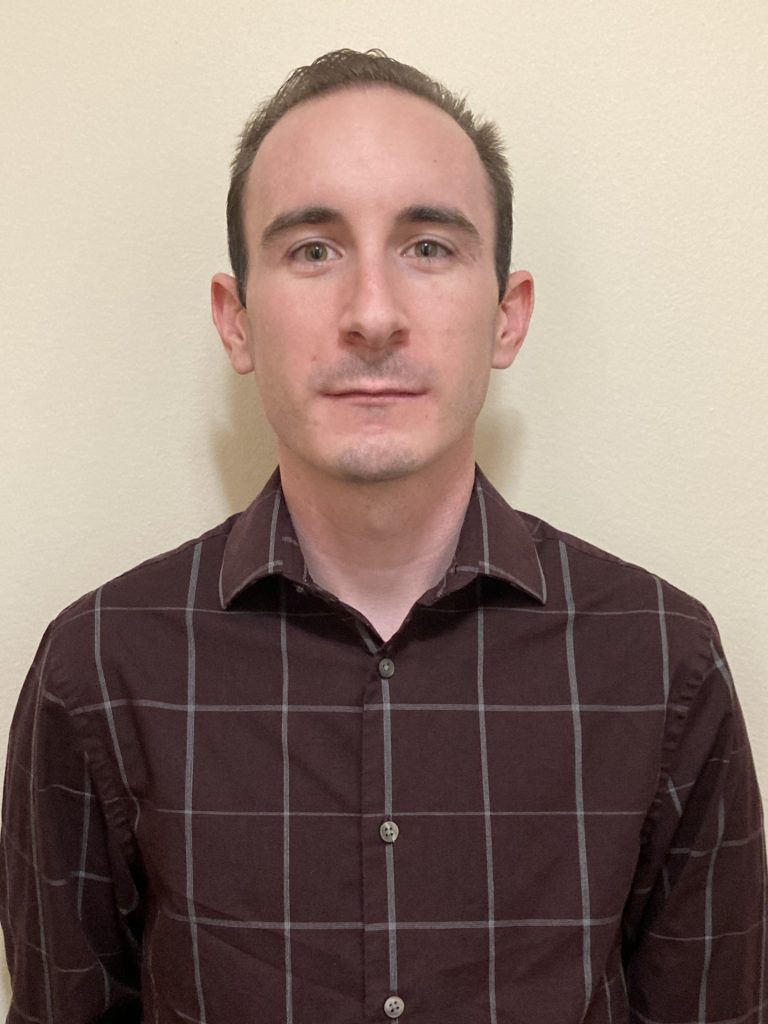
Aaron D. Simmons, University of Wisconsin at Madison
ECI is pleased to announce that Aaron D. Simmons is the winner of the Christopher Hewitt Outstanding Young Investigator Award.
Aaron received his B.S. and M.S. in Chemical Engineering at the University of Oklahoma, researching novel methods for process monitoring of bone tissue engineered constructs under the direction of Dr. Vassilios Sikavitsas.
He then worked as a senior research technician at the Oklahoma Medical Research Foundation studying molecular contributions of SIRT3 in the development and progression of osteoarthritis in the context of aging and obesity under the direction or Dr. Timothy Griffin.
Currently, Aaron is finishing up his PhD in Chemical Engineering at the University of Wisconsin at Madison in the laboratory of Dr. Sean Palecek. There, his research focusses on process monitoring and process enhancement for stem-cell differentiation. Specifically, he is applying integrative multi-omic and metabolic discovery techniques to identify novel mechanisms and markers of pluripotent stem cell differentiation into cardiomyocytes with the underlying goals of developing novel mid-process monitoring schemes for continual prediction of batch outcomes and improved protocols to increase differentiation process robustness.
During his thesis, he has been an active member and leader within several organizations, mentored numerous trainees, and participated in many public outreach events. Namely among these, he has initiated and led several collaborative projects and standardization initiatives within the National Science Foundation Engineering Research Center for Cell Manufacturing Technologies (CMaT). His broad and growing publication record is a testament to his collaborative nature and continuing impacts on the field.
Outside of his own research, Aaron was also a founding member of the Innovators in Training program of the Forward BIO Institute at UW where he has helped to facilitate process development/scalability studies and provide non-technical guidance to identify and pursue funding and regulatory milestones for product advancement.
On track to graduate in early 2024, Aaron is excited to further his career in CGT and is looking for opportunities where he can continue to contribute meaningfully to the field.
About This Award
This award is in honor of Christopher Hewitt. He was a leading biological engineer, distinguished for his research using flow cytometry and cell sorting to understand the interaction of the cell with the bioreactor environment within such diverse areas as microbial fermentation, bio-remediation, bio-transformation, brewing and cell culture. He was also the co-founder of the Centre for Biological Engineering at Loughborough University, where he developed a world-leading team in regenerative medicine bioprocessing. In particular, his team made a significant contribution to the literature on the culture and recovery of fully functional human mesenchymal stem cells in stirred bioreactors based on sound biochemical engineering and fluid dynamic considerations essential to scale-up for commercialization. In recognition of his achievements, he was elected Fellow of the Royal Academy of Engineering in 2018. Chris Hewett was an active contributor to the ECI conference series “Advancing Manufacturing for Cell based and Gene Based Therapies”.
The award is given to a promising young scientist whose work shows exceptional promise in the field of process development of cell based and gene-based therapies. The award includes the opportunity to make a presentation at the conference.
Sponsors
Sponsor Packages
Package A – Basic sponsorship: $3,300
- Name of Company on Sponsor List in program
Package A+ – Basic social event sponsorship (limit 3 – first come first served): $5,000
- Name of Company on Sponsor List in program
- Branding (banner) at evening social event (banner to be provided by sponsoring company)
Package B – Sponsor a break: $6,500
- Name of Company on Sponsor List in program
- Named sponsor at an event (e.g., coffee break, poster session)
- Full page advertisement in digital program
- Company logo and link on conference website
- Company logo displayed on screen between sessions
Package C – Exhibit and attend: $13,500
- Name of Company on Sponsor List in program
- Full page advertisement in digital program
- Company logo and link on conference website
- Company logo displayed on screen between sessions
- Table display
- 1 complimentary all-inclusive registration
Package D – Sponsor a session (first come first served): $23,500
- Name of Company on Sponsor List in program
- Full page advertisement in digital program
- Company logo and link on conference website
- Company logo displayed on screen between sessions
- Table display (premium location – sponsor’s choice)
- Sponsor a session: includes introduction to the session chairs and 1 slide (2 min) to introduce the company
- 1 complimentary all-inclusive registration
- Digital advertisement pre-conference announcement / program
- Company information packet available in attendees’ registration materials
Kevin Korpics (kevin@engconfintl.org) (+1-212-514-6760) may be contacted for invoicing and other questions. Please make checks payable to:
Engineering Conferences International
Attn: Advancing Manufacturing of Cell & Gene Therapies VIII
369 Lexington Ave., Suite 389
New York, NY 10017
Payment can also be made via wire transfer or credit card. Please note that a 3.5% transaction fee will be applied to contributions made by credit card. You must reference your company name and the conference title “Advancing Manufacture of Cell & Gene Therapies VIII” or code (24-AT) so the contribution can be identified. Thank you in advance.
Venue Information
The conference will take place at Loews Coronado Bay Hotel (4000 Coronado Bay Road, Coronado, California). Set on Coronado Bay directly across the street from Silver Strand State Beach, the hotel is just over two miles to San Diego National Wildlife Refuge Complex. The hotel is set on a 15-acre peninsula with beach access via a pedestrian underpass. The multi-building, three-floor resort offers 439 rooms and suite that are light and airy. Room views include bay, marina, pool or gardens. There is free Wi-Fi and the rooms have Keurig coffeemakers and ample outlets. The hotel has tennis courts, bicycle rentals, a fitness center, spa and three swimming pools. Both self and valet parking are available for an additional fee.
Check-in begins at 4:00 PM and Check-out time is by 12:00 PM.

San Diego attractions such as the San Diego Zoo, Balboa Park and the Gaslamp Quarter are each approximately a 25 minute trip from the hotel.

General Information About ECI
Engineering Conferences International (ECI) is a not-for-profit, global engineering conferences program, originally established in 1962 that provides opportunities for the exploration of problems and issues of concern to engineers and scientists from many disciplines.
The format of the conference provides morning and late afternoon or evening sessions in which major presentations are made. Poster sessions will be scheduled for evening discussion as well. Available time is included during the afternoons for ad hoc meetings, informal discussions, and/or recreation. This format is designed to enhance rapport among participants and promote dialogue on the development of the meeting. We believe the conferences have been instrumental in generating ideas and disseminating information to a greater extent than is possible through more conventional forums.
All participants are expected both to attend the entire conference and to contribute actively to the discussions. The recording/photographing of lectures and presentations is forbidden. As ECI conferences take place in an informal atmosphere, casual clothing is the usual attire.
Smoking is prohibited at ECI conferences and conference functions.
